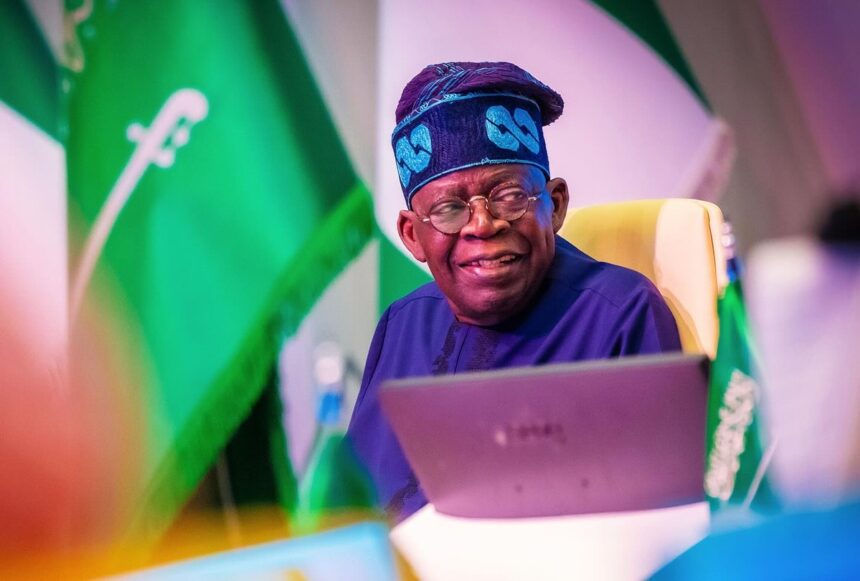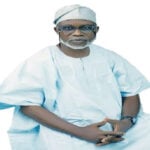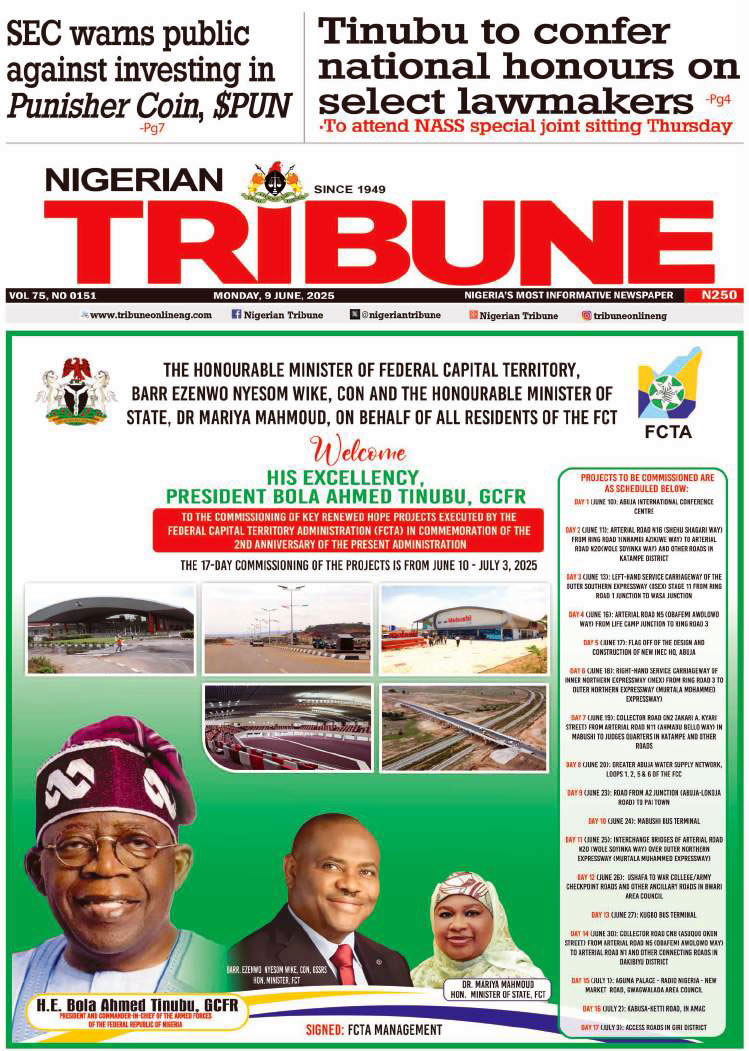Nigeria’s economy is undergoing a significant revival, driven by bold reforms and improved coordination under President Bola Ahmed Tinubu, the Minister of Budget and Economic Planning, Abubakar Atiku Bagudu, has declared.
Speaking in a feature interview for an upcoming television documentary marking President Tinubu’s second anniversary in office, Bagudu stated that the administration’s “Renewed Hope Agenda” is yielding tangible results and restoring confidence among both local and international investors.
This was contained in a statement released on Wednesday by Bayo Onanuga, Special Adviser to the President on Information and Strategy.
“These have been two years well spent,” the Minister said. “Mr President confronted Nigeria’s economic realities with bold and necessary choices—tough as they might be—and those measures are now yielding results.”
Bagudu noted that Nigeria has recorded four consecutive quarters of economic growth, accompanied by exchange rate stability and increased investor interest in critical sectors such as agriculture, energy, and infrastructure.
“We have seen investors from Brazil, Belarus, and Saudi Arabia increasingly entering our agricultural space,” he said. “The global economic community and multilateral institutions are placing greater faith in our economy.”
Highlighting specific milestones, the Minister pointed to renewed activity in Nigeria’s oil refining sector, stating that, for the first time in 25 years, the country is refining its own crude oil domestically.
“Mr President was courageous enough to allow crude sales in naira to our refiners. This is a testament to his belief in our economy,” Bagudu stated.
He emphasised the administration’s commitment to transparency and sound policy as the foundation for growing investor confidence. “Investors want to see good policy—can I get paid back? Are the numbers credible? Is the environment transparent?”
According to Bagudu, key reforms such as the removal of the fuel subsidy and the unification of the foreign exchange market have restored fiscal discipline and boosted private sector confidence.
“We were losing five per cent of our GDP to the fuel subsidy—money benefitting only a few. Mr President took the courageous step to end it,” he said. “The FX reform removed uncertainty and favouritism. We now have a fair market—a willing buyer, willing seller system.”
On budgetary performance, the Minister said the 2024 and 2025 budgets reflect a delicate balance between fiscal responsibility and strategic investments in health, education, infrastructure, security, and technology.
He also praised Tinubu’s insistence on respecting the independence of the Central Bank of Nigeria, despite inheriting ₦22.7 trillion in Ways and Means financing.
“That discipline is earning us credibility globally,” Bagudu noted.
The Minister credited the success of the economic reforms to a unified governance framework, anchored by the Presidential Economic Coordination Council and the Economic Management Team, led by Coordinating Minister for the Economy, Wale Edun.
“This is teamwork. The President is the chief coordinator. He understands the global economic context, and the private sector respects him,” Bagudu said.
While acknowledging that the reforms have not been without pain, the Minister likened the current phase of the economy to a body undergoing rigorous exercise.
“It might feel painful now, but the muscles of progress are forming. Mr President is saying, ‘I’m ready to take the pain so our children and grandchildren will inherit a more prosperous Nigeria.’ This isn’t just economic reform—it’s a moral responsibility,” Bagudu concluded.
ALSO READ FROM NIGERIAN TRIBUNE






